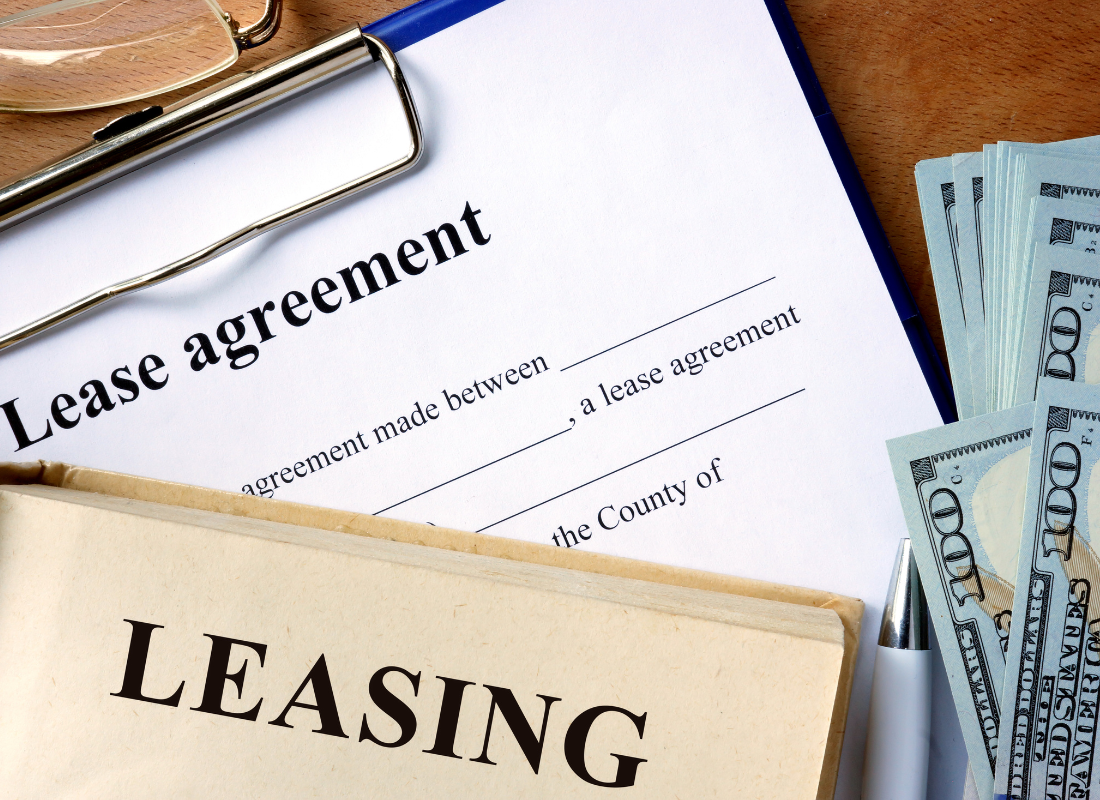Real Estate Accounting: What to Know Before You Outsource
Originally published on July 28, 2025
Real estate firms often consider outsourcing accounting when things get too busy, too complex or too error-prone to handle in house. But what many don’t realize is that outsourcing isn’t just a reaction to resource gaps. It’s a proactive step toward stronger financial oversight and smarter decision-making.
The latest IRS compliance statistics show that businesses spend hundreds of hours per year on financial reporting and recordkeeping alone. For real estate companies managing multiple properties and investors, that time burden increases quickly. But time is only part of the equation. Outsourcing can also improve accuracy, reduce risk and bring your reporting up to a higher standard.
The key is choosing a provider who truly understands the real estate sector. From lease accounting to CAM reconciliations, your financials involve rules and requirements specific to your industry. The right outsourcing relationship helps you stay compliant, generate more reliable reports and shift your internal focus to operations and strategy.
When you work with James Moore’s Accounting and Controllership Services, you’re not handing off responsibility. You’re adding a layer of financial precision that supports smarter growth. And with consistent reporting and customized support, you gain the confidence to move quickly when opportunities arise.
What services can (and should) be outsourced?
Outsourced accounting doesn’t have to be all or nothing. Many real estate companies start with select services, then expand as needs grow. The most commonly outsourced functions include:
- Rent roll management
- Common area maintenance (CAM) reconciliations
- Bank account reconciliations
- Lease accounting under ASC 842
- Month-end close and financial reporting
- Accounts payable and receivable management
- Budgeting and forecasting support
- Investor reporting packages
These services require more than just bookkeeping experience. They call for technical knowledge, real estate-specific financial insight and a working familiarity with tools like Yardi, AppFolio or MRI.
For example, CAM reconciliations require accurate lease abstraction, escalation calculations and a consistent methodology across tenant classes. Rent roll management goes beyond listing tenants, involving verifying billing schedules, tracking lease expirations and monitoring revenue recognition under GAAP.
What to ask before signing that contract
Once you’ve decided to outsource, choosing the right provider becomes the most critical step. You need a firm that understands the way real estate companies operate.
Here are several non-negotiable questions to ask during the selection process:
- Do they have direct experience with real estate firms of your size and complexity?
- Can they provide references from similar clients?
- Do they understand lease-level accounting and investor reporting standards?
- Are they proficient with your current platform, such as Yardi, AppFolio or MRI?
- Do they have a strong working knowledge of fair market value adjustments, escrow tracking and capital expenditure reconciliation?
Don’t stop there. Ask to see actual sample reports and discuss how they’ve supported other clients through audits, refinancing or portfolio expansions. You want a partner who is already familiar with the real estate lifecycle from acquisition and development to disposition and tax treatment. If the firm hesitates to discuss internal controls or documentation standards, take that as a warning sign.
For more insight into how James Moore serves real estate clients with specialized accounting services, visit our Real Estate Industry Services page.
Compliance and security shouldn’t be afterthoughts
Your accounting data tells the story of your business. That makes security and compliance more than an IT issue. It’s a fiduciary responsibility.
When evaluating an outsourcing partner, ask detailed questions about how they store and protect your financial information. At a minimum, expect encrypted data transmission, multi-factor authentication, routine backups and strict user access controls. If the provider can’t speak confidently about their cybersecurity practices, they aren’t ready to handle your data.
You also need to confirm that their work aligns with generally accepted accounting principles (GAAP) and IRS requirements for real estate entities. This includes areas like deferred rent accounting, 1031 exchange tracking and capitalization of development costs.
If your properties span multiple jurisdictions, confirm that the provider understands regional tax rules. Local real estate tax laws can vary significantly, and incorrect classification or reporting could result in penalties or missed deductions.
Look for providers that follow standards recommended by organizations such as the IRS and the Government Accountability Office to ensure financial accuracy and data security.
Will it actually work with your tech stack?
If you’re investing in outsourcing, it has to work with the systems you already trust. One of the most overlooked deal-breakers in outsourced accounting is poor technology compatibility.
Your accounting partner should be able to integrate directly with your existing platforms. They should understand how to structure your chart of accounts, tailor reporting formats to fit your stakeholders, and produce clean, real-time dashboards that provide transparency across multiple properties or funds. The right provider will build these elements around your business, not force you to adapt to theirs.
Real estate firms benefit from outsourced teams that can help configure budget variance reports, cash flow projections and lender packages without manual rework. Whether you need consolidated reporting for a multi-entity structure or unit-level profit and loss statements, make sure your provider can deliver that data seamlessly.
Also ask about their cloud infrastructure. Do they offer a secure portal for document sharing? Can your internal team access reports without digging through email threads? These details matter when decisions need to happen fast.
For broader guidance on outsourcing best practices across systems and platforms, we recommend the AICPA’s resources on accounting technology integration.
The contract is where problems or peace of mind start
Outsourcing without a clear contract is like leasing a property without reviewing the lease agreement. It invites misunderstanding, missed expectations and potentially costly errors. Start by insisting on pricing transparency. Fixed-fee arrangements may sound appealing, but make sure the scope of services is spelled out in detail.
Include specific deliverables, frequency of reporting and how change requests will be handled. Define what happens if the volume of work increases mid-contract. A well-written service-level agreement (SLA) should outline expected timelines, availability, escalation procedures and communication commitments.
Pay attention to the termination clause. If the relationship doesn’t work out, you need a clean exit strategy with support for knowledge transfer and system access continuity. These provisions protect you and reduce operational disruptions.
Also, understand how data will be transitioned back to your team if needed. Will the provider assist with documentation, user permissions and final reconciliations? Clarity in this phase ensures your firm stays in control regardless of how the relationship evolves.
7 Fundamentals of Bookkeeping for Property Management Companies
Proven bookkeeping strategies property managers rely on to avoid errors, ensure compliance, and maintain healthy tenant relationships—straight from our real estate CPAs.
Real estate accounting outsourcing: Strategy before convenience
Outsourcing your accounting function isn’t just a matter of convenience. It is a strategic decision that affects every part of your real estate business. From improving reporting accuracy to reinforcing internal controls, the right provider can offer specialized support that helps your firm scale smarter and stay compliant.
If your team is spending more time sorting spreadsheets than managing properties or pursuing growth, it might be time to explore a better solution. Our team works with real estate firms to provide detailed, reliable financials that support investor confidence, operational clarity and regulatory compliance. From rent roll analysis to month-end closings, we help you stay focused on the business you built.
Contact a James Moore professional today to find out how outsourcing can strengthen your real estate accounting function.
All content provided in this article is for informational purposes only. Matters discussed in this article are subject to change. For up-to-date information on this subject please contact a James Moore professional. James Moore will not be held responsible for any claim, loss, damage or inconvenience caused as a result of any information within these pages or any information accessed through this site.
Other Posts You Might Like





